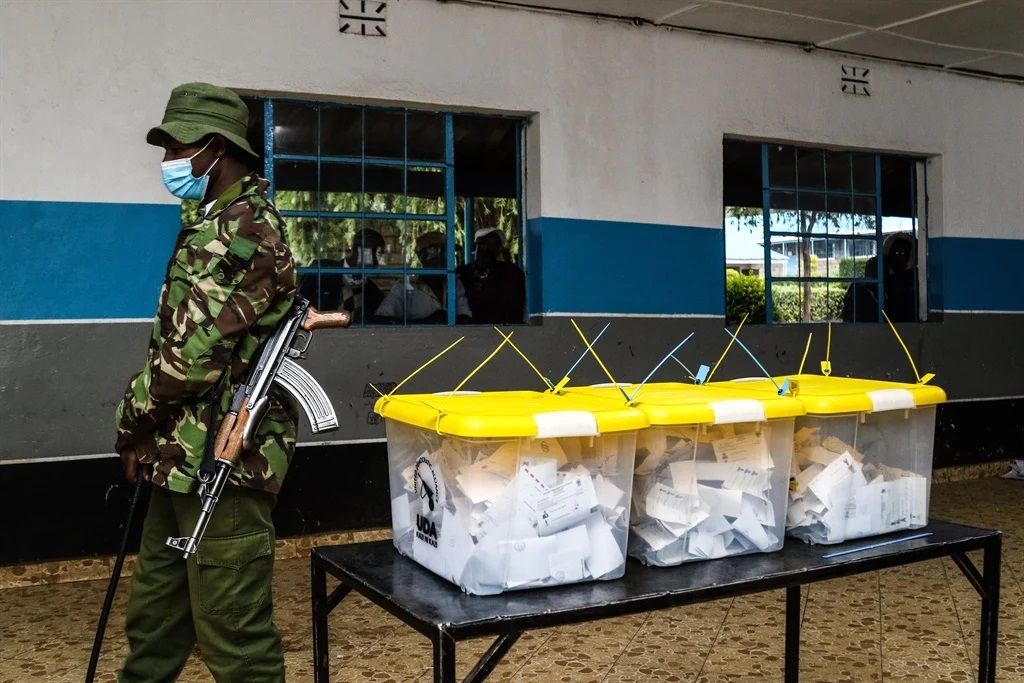
Photo Credit: AP
Kenya's Office of the Director of Public Prosecutions (ODPP) says it will prioritise corruption and criminal activities linked to the general elections slated for 9 August.
In a statement, the ODPP said it would "like to clarify that the office intends to prioritise election-related offences".
The ODPP said placing election-related corruption at the top of its agenda meant pulling together resources and time for it. It said politicians facing criminal charges could seek election.
Voters are set to elect the president, members of the National Assembly and Senate, county governors and members of the 47 county assemblies. As such, the ODPP advised the electorate to conduct due diligence in making choices during the plebiscite.
"Citizens are given the power to exercise their constitutional rights to vote for trustworthy leaders," the organisation said.
"Voters can look at those whose cases are still being investigated, currently in court, and those named by the Ethics and Anti-Corruption Commission (EACC) to make informed decisions about the calibre of leaders they elect to office."
"...let us start fighting corruption from the ballot," the ODPP pleaded with voters.
Reports in Kenya indicated that the country's Interior Cabinet Secretary Fred Matiang'i told a gathering of Anglican church leaders that they had information that at least 40% of people seeking public office were facing criminal charges.
He was quoted as saying:
If we are not careful, as Kenyans, by the time we are done with this electoral cycle, we would've laundered criminals into our elective institutions – even up to about 40 percent. These include money launderers, 'wash-wash' players, drug dealers, and others because they're the only ones who can access that amount of money.
He said he feared that if criminals were to come into power, it would further corrupt the state and institutionalise cartels. Last month, civil society groups launched a campaign called "Okoa Uchumi", aimed at pushing for political accountability and bolstering constitutional safeguards in public debt management.
Gitungo Wamere, a civil society activist, said the programme was "inspired by the country's economic crisis and high debt, driven by imprudent management of public resources and public debt".






















